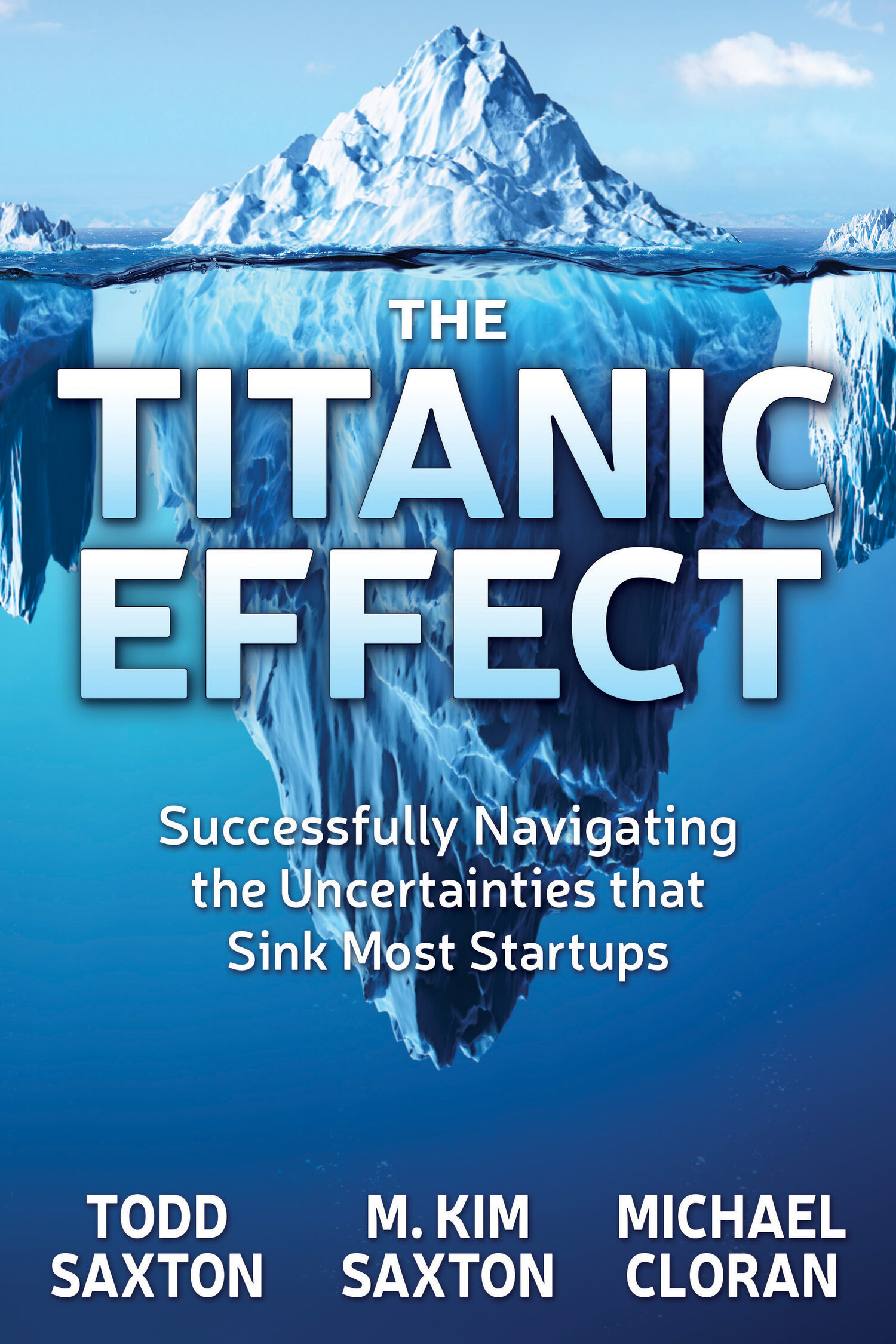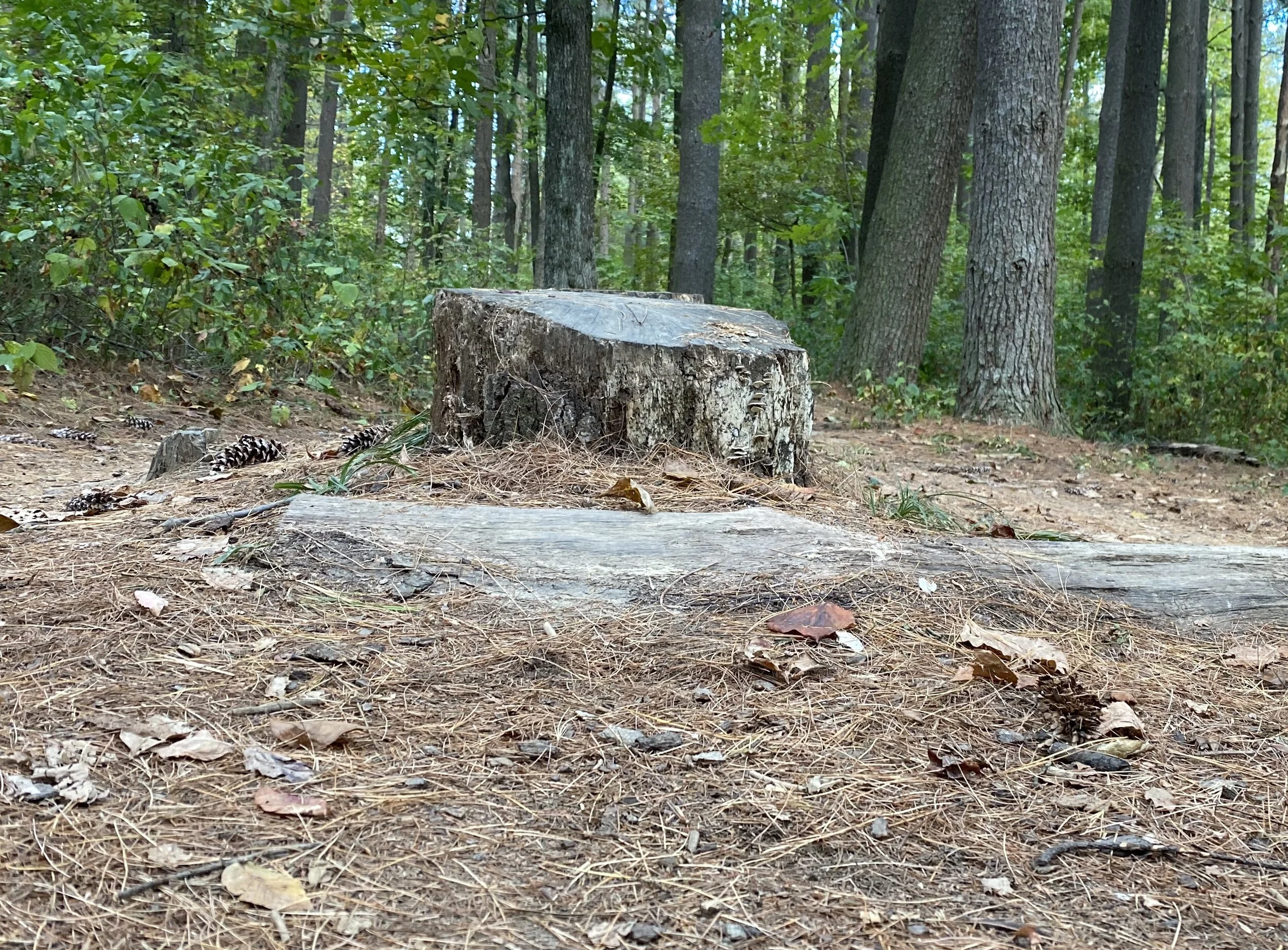We were recently asked to do a webinar about startup strategies for an audience of angel investors. The reason we were asked to talk about this topic is because many people are confused about a strategy versus a tactic. We thought we’d share our list of misconceptions about strategy with you, our readers as well. Let’s start with a definition. We define strategy as “the process of linking today’s choices and actions with tomorrow’s destination, under uncertainty.” You see, there a many, many actions any startup can take. Having a strategy means having a plan for where you are going. With that overarching plan, then daily and weekly choices have “bumper rails” because only actions that fit with the overall strategy should be taken. The startup’s strategy helps take alternative actions off the table.
We are going to do this list like a “David Letterman Top 10.” We’ll start with number 10 and work our way to the top. And these are misconceptions, so the opposite is true!








